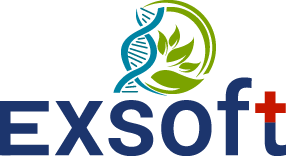
Krystal Biotech Inc., a gene therapy & pharmaceutical company based in Pennsylvania, US, has reportedly announced that it has completed dosing four patients in KB103’s GEM-Phase 2 study. KB103 is supposedly a leading topical gene therapy for Dystrophic Epidermolysis Bullosa (DEB) treatment.
Sources familiar with the matter state that the company develops off-the-shelf topical and intradermal treatments for uncommon dermatological disorders. The biotech company has conducted the study at Stanford University in pediatric and adult populations for determining if topically administered KB103 can effectively and securely heal wounds of DEB patients.
The study – which is a randomized, placebo-controlled, single-center and intra-subject comparison of the treatment and placebo wounds– will also assess change in Investigator Global Assessments as well as PRO (Patient Reported Outcomes).
According to Suma Krishnan, Chief Operating Officer and Founder of Krystal Biotech, results of the study in first half of 2019 would enable the company to select its endpoints for the pivotal study in 2019’s second half. Year 2019 could potentially be a year for important clinical progress towards the final aim of providing patients and families, who have been devastated by DEB, with KB103, she added.
Apparently, four patients, aged 5 and above, are going through treatments in this study. 3 chronic wounds will be chosen per patient, where one wound shall be randomized to placebo and the other two to KB103. The patients are likely to be under trial for about six months, which intends to measure the wound’s healing by way of imaging.
Relevant sources further reveal that the outcome measures would include wound closure duration to placebo, change of the wound surface area relative to placebo and baseline and wound closure time relative to placebo.
The secondary measures of outcome would consist of change from baseline in the score of Investigator Global Assessments, collagen level VII in skin which is KB103-administrated, change from baseline in scales of pain and severity in PRO and the existence of anchoring fibrils evaluated by immunoelectron microscopy.

